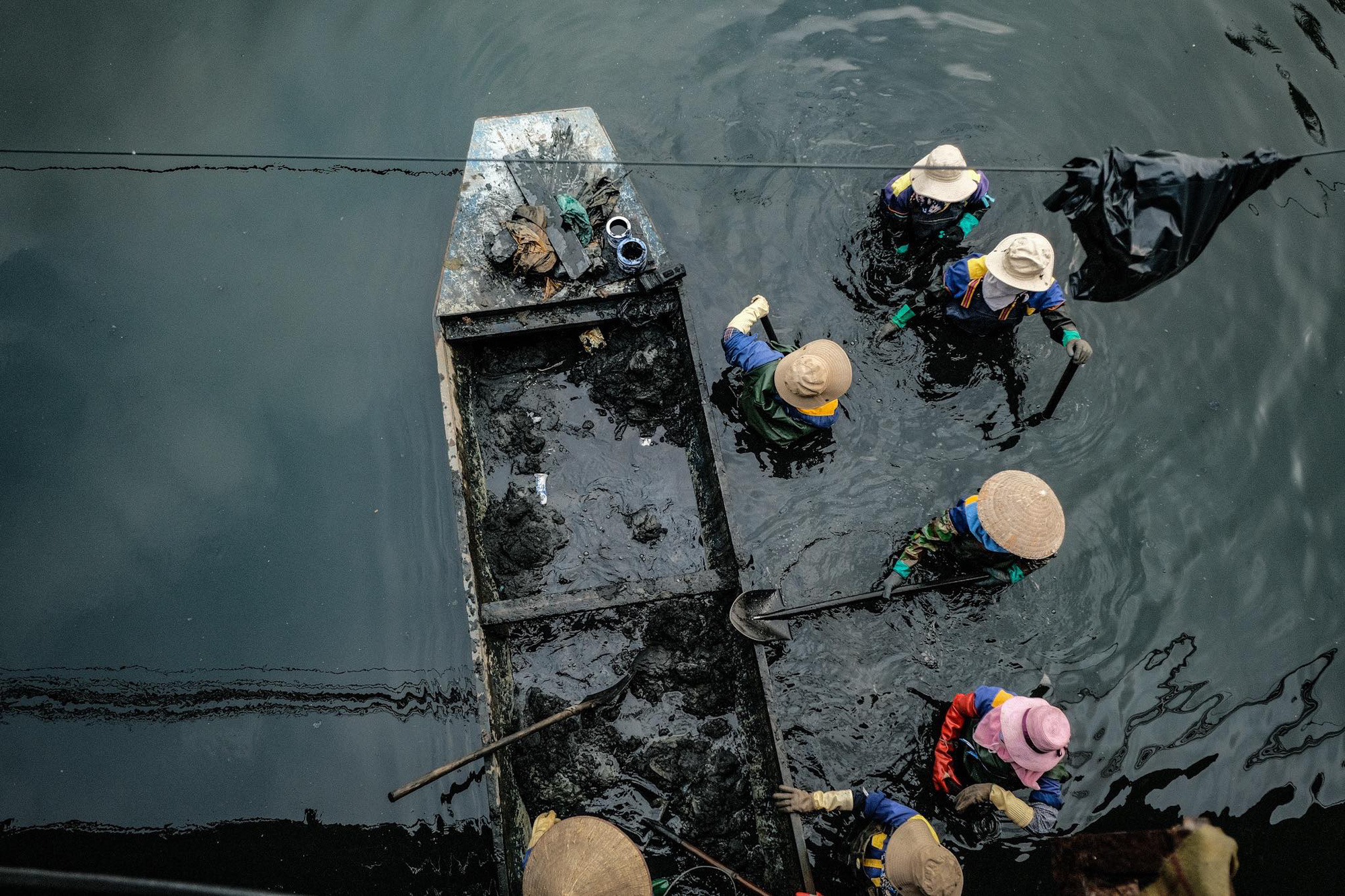Vietnam is projected to experience a 32-percent surge in water demand by 2030, necessitating an estimated US$9 billion investment in water treatment and drainage infrastructure, as highlighted by experts during a climate change response conference held in Hanoi on Thursday.
Nguyen Ngoc Diep, chairman of the Vietnam Water Supply and Sewerage Association, reported that approximately 80 wastewater treatment projects, each with a capacity exceeding two million cubic meters per day, are currently underway in Vietnam, based on a World Bank report.
However, the collection and treatment rates for wastewater stand at only 60 percent and 15 percent, respectively.
Diep emphasized the absence of long-term solutions for urban inundations in cities like Hanoi and Ho Chi Minh City, despite their pressing nature.
“The investment into drainage infrastructure has not been up to par,” he said.
“For 100 percent of the population to get clean water access, we need to make big investments.”
The expert added that the World Bank report put that substantial investments at around $9 billion until 2030.
He, however, acknowledged that this financial burden poses a significant challenge given limited resources.
Currently, Vietnam boasts approximately 750 water treatment plants with a total capacity exceeding one million cubic meter per day, with over 92 percent of the urban population having access to clean water, far surpassing the national average of 17.5 percent.
Nguyen Viet Anh, head of the Institute of Environmental Science and Engineering, cautioned that the $9 billion investment would merely cover basic needs, while international organizations estimate the requirement for completing water drainage infrastructure at $30 billion.
Therefore, authorities must accurately assess the value of water to devise appropriate policies, with privatization being crucial to mobilize resources for such investments.
Halla Maher Qaddumi, senior water economist at the World Bank, warned that Vietnam could face significant economic losses, with a potential six-percent annual reduction in gross domestic product (GDP) until 2035 due to escalating threats to water resources.
Qaddumi added that water pollution alone could lead to a 3.5-percent decrease in GDP.
She stressed the urgent need for attracting private sector investments to replace outdated infrastructure with modern ones, emphasizing the necessity of strong financial policies and legal frameworks from the government to facilitate this.
Like us on Facebook or follow us on Twitter to get the latest news about Vietnam!




















































